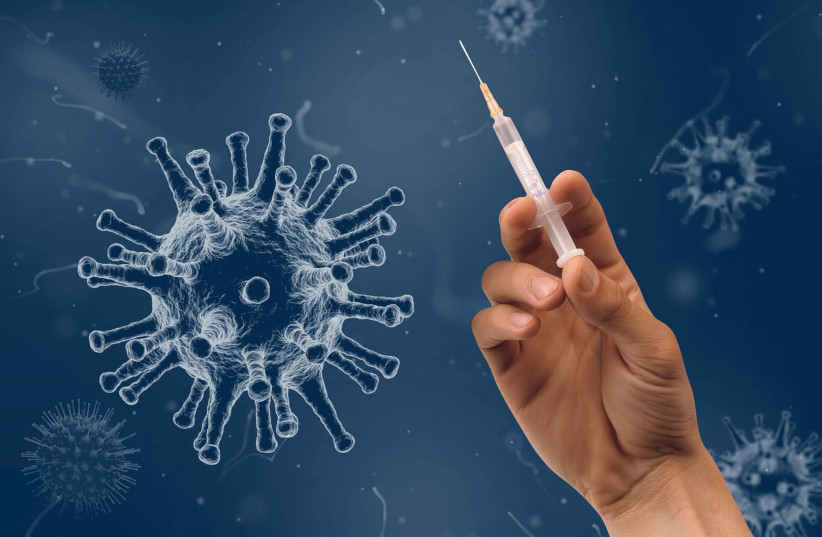Since COVID-19 began, have you ever been tempted to fudge the truth and pretend to be taking all the right virus prevention steps? A newly published survey says you're not alone.
During the peak of the COVID-19 pandemic, some 42% of Americans didn't adhere to public health measures or lied about being compliant, mostly because they wanted life to feel normal and exercise their personal freedoms, according to a new peer-reviewed study published Monday in JAMA Network Open.
The December 2021 survey, conducted by University of Utah Health scientists in collaboration with other researchers across the nation, asked 1,700 Americans whether they had ever misrepresented their COVID-19 or vaccination status, or told others that they were following public health measures such as masking and social distancing when they were not.

Four out of ten participants reported that they had misrepresented their COVID-19 status or failed to follow public health guidelines.
"COVID-19 safety measures can certainly be burdensome, but they work."
Andrea Gurmankin Levy
Who lied about COVID the most?
The study notes that those younger than 60 had significantly higher odds of misrepresentation or nonadherence to at least one measure.
The most common reasons for ignoring guidelines, in addition to wanting life to feel normal and exercise personal freedom, were thinking COVID-19 was a hoax or not a major issue, believing that their behavior was no one else's business, not having symptoms, following the advice of a celebrity or other public figure, not wanting to miss work to quarantine and not wanting someone to judge or think negatively of them.
The researchers found no association between COVID-19 misrepresentation and political beliefs, political party affiliation or religion.
Honesty is the best policy in a pandemic
Angela Fagerlin, a senior author of the study, said that the high numbers of people lying about COVID precautions has lead to prolonging the pandemic. This could potentially lengthen the current COVID-19 pandemic or promote the spread of other infectious diseases in the future, she warned.
"Some individuals may think if they fib about their COVID-19 status once or twice, it's not a big deal," she said.
Co-lead author Andrea Gurmankin Levy added: "COVID-19 safety measures can certainly be burdensome, but they work."
